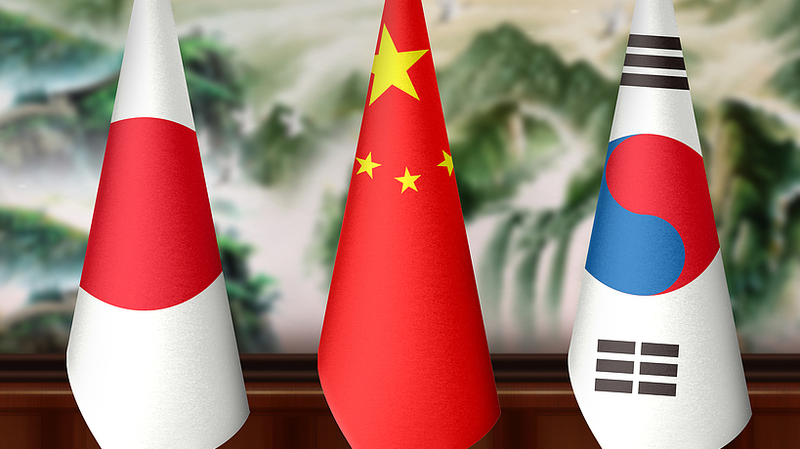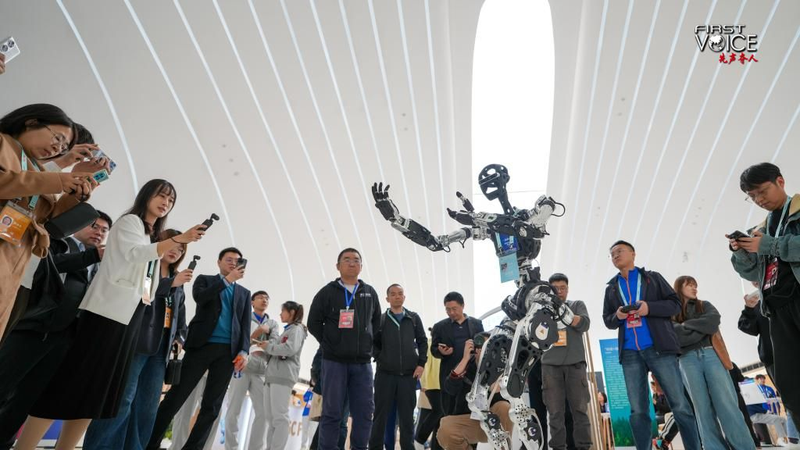In a bold move on Wednesday, the European Commission announced the imposition of extra tariffs of up to 38.1% on imports of electric vehicles (EVs) from the Chinese mainland. Labeling these vehicles as \"invasive species,\" the EU aims to protect its domestic market from what it perceives as unfair competition.
However, this protectionist strategy may backfire on European manufacturers who have deeply integrated Chinese supply chains into their operations. European automakers, like Germany's premium BMW, have heavily invested in production facilities in China, leveraging the region's technological advancements and cost efficiencies.
BMW's iX3 electric SUV, for instance, is manufactured in a Chinese factory and subsequently exported to Europe. Additionally, large quantities of China-made Mini EVs are imported into the EU. The new tariffs mean that European producers will now have to absorb these extra costs, potentially eroding their competitive edge.
Oliver Zipse, CEO of BMW, criticized the EU's decision, stating, \"The decision is the wrong way to go that could damage European companies and European interests. Protectionism risks starting a spiral: Tariffs lead to new tariffs, to isolation rather than cooperation.\" He emphasized that \"there will be no single car in the EU without components from China,\" highlighting the interconnectedness of the global automotive industry.
The repercussions of these tariffs extend beyond Europe. As European automakers vie for footholds in Chinese EV factories, they also export high-value models back to China. HSBC estimates that German carmakers derive up to 23% of their global profits from the Chinese market.
According to the European Automobile Manufacturers' Association, China was the third largest market for EU vehicle exports in 2022, following the UK and the United States. In the first quarter of this year alone, China accounted for nearly 32% of BMW's sales. This heavy reliance on the Chinese market means that any retaliatory measures could significantly impact EU vehicle exports.
As the EU navigates these complex trade dynamics, the balance between protecting domestic industries and maintaining vital international partnerships remains a critical challenge.
Reference(s):
cgtn.com



